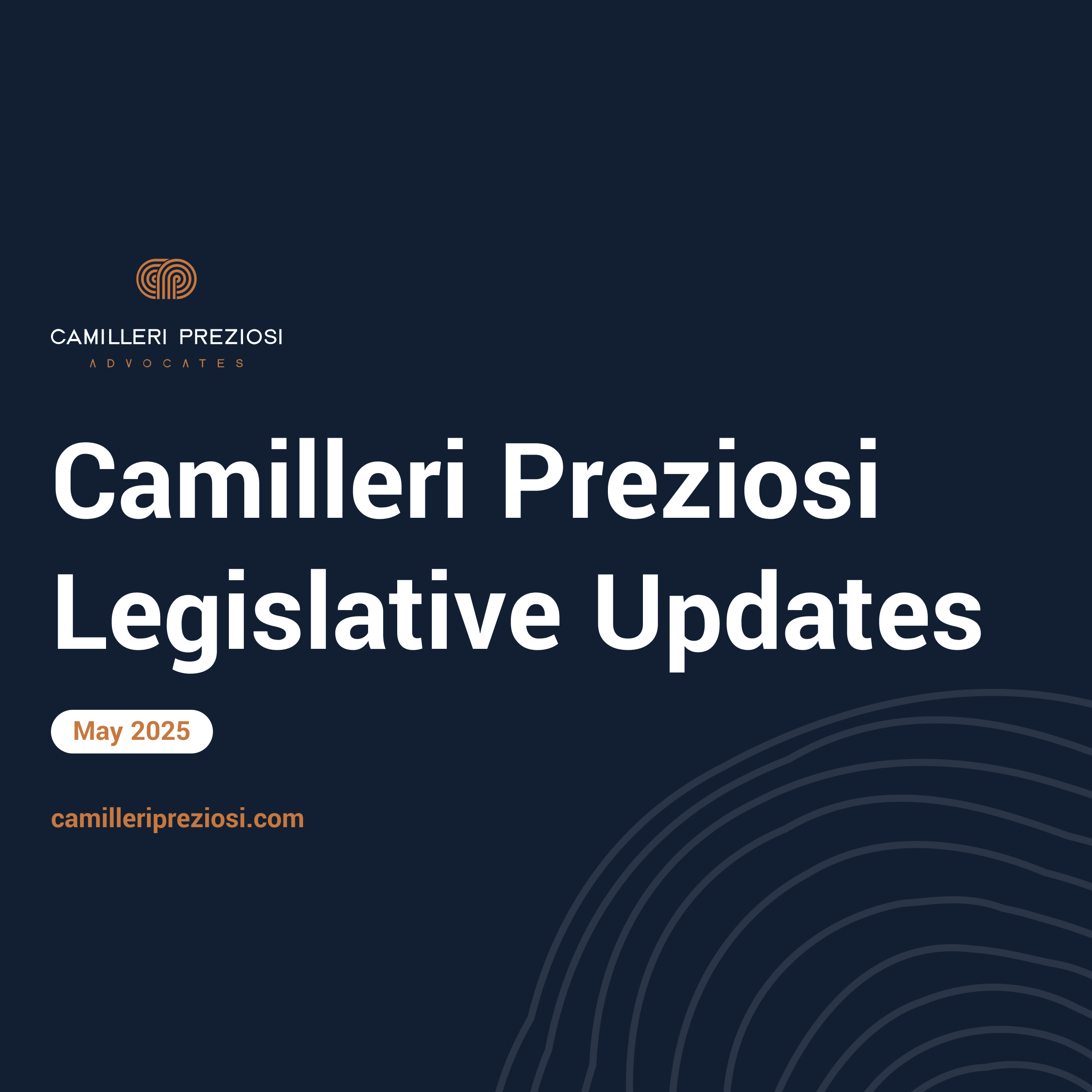
On Wednesday 13 March 2024, MEPs of the European Parliament overwhelmingly approved the EU’s Artificial Intelligence Regulation. Even though the regulation is still required to pass through the last few final hurdles, the European Parliament’s approval signifies that the EU is ready to comprehensively regulate AI in the very near future.
The AI Act is a proposed EU regulation which adopts a risk-based framework to the regulation of AI systems. AI systems that are deemed to be seriously high-risk are outright banned from being placed on the EU market, while AI systems that are classified as high risk under the AI Act are subject to its most stringent rules and systems falling within the category of minimal risk are subject to lighter-touch regulation. The rules required to be followed by providers of high-risk systems include ensuring that the system is programmed to be able to automatically record events over its lifetime and allows for an element of human oversight when the system is in use. Specific rules also apply to any importers, deployers, distributors and operators of high risk and minimal risk AI systems.
After much debate at EU institution level, the AI Act now also encompasses General Purpose AI Models within its framework. These models are regulated differently to high-risk and minimal risk AI models and are classified under a two-tiered classification system. These models are either classified as General Purpose AI Models or, if certain criteria are met, General Purpose AI Models with systemic risk. Any provider of a General Purpose AI model must comply with specific obligations relating to the documentation and operation of the model and the providers of General Purpose AI Models with systemic risk will be required to notify the European Commission when the system meets that systemic risk criteria.
The latest text of the regulation is soon expected to be endorsed by the European Council and once finally adopted, will enter into force twenty days after its publication in the Official Journal. The regulation will then be fully applicable twenty-four months after its entry into force, however, certain provisions will apply earlier, including the prohibited AI practices and the General-Purpose AI rules.
For more information on the AI Act and its developments, please get in touch with Steve Decesare (steve.decesare@camilleripreziosi.com), Alexia Valenzia (alexia.valenzia@camilleripreziosi.com) or Veronica Campbell (veronica.campbell@camilleripreziosi.com).








